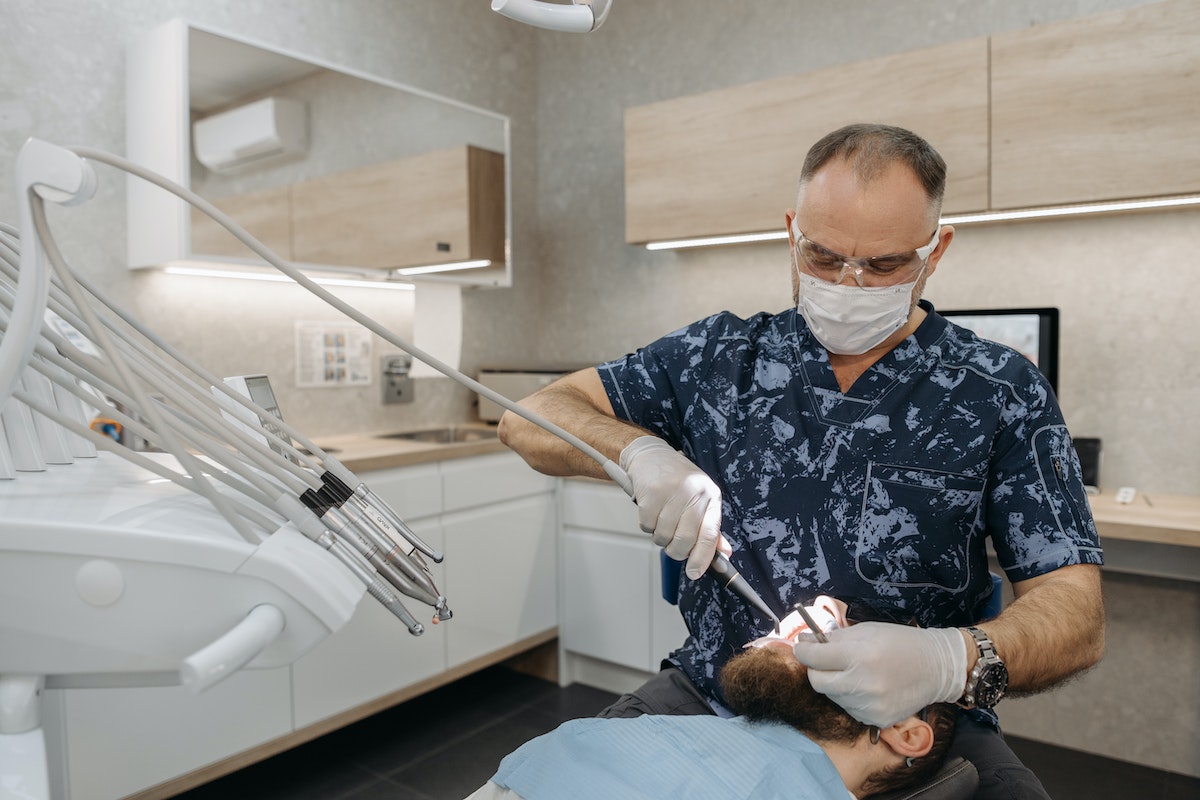
For many people, going to their local dentist Brentwood isn’t easy; it can be a seriously challenging and anxiety-inducing process with usually long and complicated origins, sometimes completely beyond the patient’s memory.
The long-term impact
Dental anxieties can make even relatively minor conditions complicated, not because of the treatment process itself but because of the delay in seeking treatment. Many patients choose to ignore minor symptoms and avoid check-ups, only attending when absolutely compelled to do so. For instance, the difference between a routine filling and a crowning is that a crowning is significantly more invasive and expensive and could have been prevented if dealt with earlier.
An expert solution
If you’re reading this, and you know you have dental anxiety, then congratulations! Many patients find it easier to deny or avoid recognising the issue, and there may be some real value in asking why and finding the root of the problem. But this is not the expectation, and gaining access to treatment in the short term is usually more important when addressing any sort of dental phobia in the long term, especially if you have a toothache.
To this end, sedation dentistry has become quite popular; this is a return to the times in dentistry where you become partially unconscious rather than locally numbed. Sedation was standard in traditional dentistry with the use of nitrous oxide but lost its popularity as local analgesics like lidocaine and novocaine became standard. These acted far more quickly and were disruptive to patients’ everyday life, but they did retain an unaltered consciousness through the entire procedure. For anxious patients, this is entirely unacceptable.
With the development of new sedatives, it has become possible for patients to be in twilight sedation. These sedatives do not depress breathing, so they can be used more safely in clinical environments without an anesthesiologist. They have the added benefit of allowing more invasive procedures like dental implants to be conveniently performed in local clinics rather than hospital facilities and operating theatres.

Helping friends and family
Helping friends and family suffering from dental anxiety can be challenging. Often they will become evasive or confrontational when faced with the need for dental care. Try to convince them that it would be in their best interests and offer to accompany them if they find it reassuring. Mention the option of sedation dentistry and how they will have no memories of receiving treatment.
The use of sedation does have imitations. The patient will not be able to operate heavy machinery or drive for 24 hours after being sedated, and they will also need someone to safely escort them out of the clinic. During sedation, patients become highly suggestive and cooperative, so it is important to ensure they have a trusted person with them at all times and do not make any major financial decisions.
Many patients more often feel a great deal of shame about their oral hygiene and the conditions they are currently suffering from. It is very important to reassure them that their dentist, as a professional, is likely to have seen worse and is not there to make a judgement but rather to provide a service.
Leave a Reply